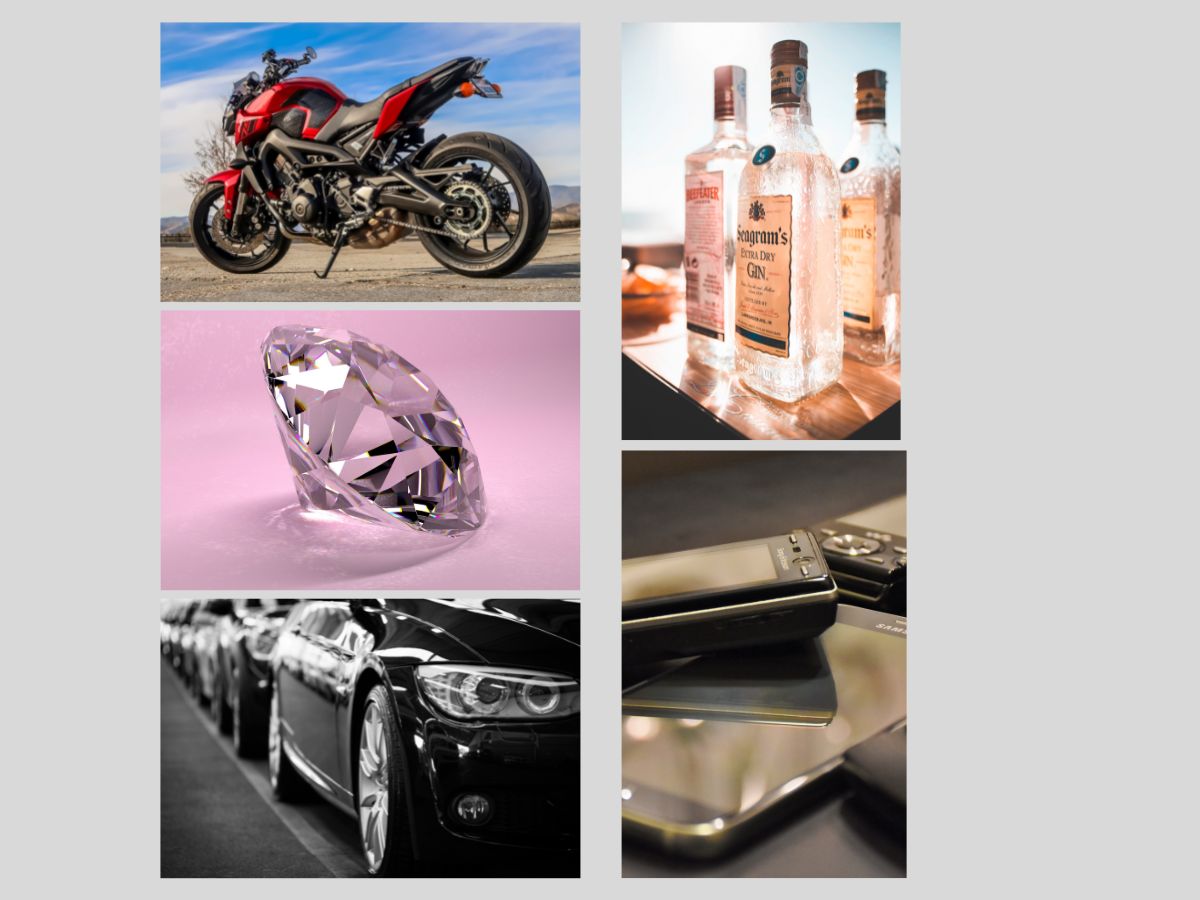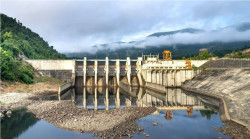Industry

The government of Nepal has yet again extended the ban on imports of luxury items until the end of August in a bid to retain its foreign exchange currency reserves, amidst concerns that Nepal could go the Sri Lanka way.
The embargo on 10 specific luxury items was first placed on April 26, where motorcycles above 250cc, diamonds, mobile phones priced above $600, televisions larger than 32 inches, liquor, tobacco, automobiles, snacks, toys and playing cards were banned.
The ban on these items continues, according to a recent notice published in the Nepal Gazette. However, the government has banned the import of motorcycles above 150cc and mobile phones worth more than US$ 300.
According to the latest report by the Nepal Rastra Bank (NRB), the country’s gross foreign exchange reserve stood at Rs 1176.84 billion in mid-June, enough to sustain imports for 7.34 months.
Banning imports to improve the forex standing of the country has not gone down well with Nepal's business community. The trading sector has been hit hard by the ban, according to Binod Sethia, vice president of the Nepal Foreign Trade Association.
“With the ban on imports stretching to five or six months, no company will be able to sustain," he said. And because businesses have been hit, there has been a rise in unofficial businesses. “Except automobiles, everything is coming into the country illegally."
Sectors hit hard
Some trades have suffered more than others due to the ban on imports. The top four include:
Diamond
In recent years, the jewellery industry in Nepal has seen a surge in the demand and sale of diamonds, especially after COVID-19, as the price of gold increased globally.
However, jewellers have taken a hit in the past three months due to the import ban of raw or loose diamonds, according to Suneet Agarwal, owner of Diamond Gallery Private Limited, who also is an executive member of the Nepal Gem and Jewelry Association.
“If you are not allowed to import diamond, why are you allowed to import gold? Ban that and silver also,” he added.
The country imported 4,653 kgs of gold and over 1,37,000 kgs of silver from mid-July 2021 to mid-June 2022, according to the Department of Customs.
Comparing it to the government’s decision to allow imports of liquor and tobacco raw materials, he told NepalMinute, “Diamond is an investment but that is an expense. It is hazardous for health too.”
In September, women in Nepal start buying jewellery for the upcoming festive and wedding season, therefore, a peak season for these businesses.
However, this time they fear not being ready even if the ban is lifted at the end of August, as they need 10 days for import and another month or two for making the jewellery.
“We will be at a loss because if we don’t have stock, how will we sell,” said Agarwal.
Mobile Phones
After the government lowered the price ceiling of mobile phones to not exceeding US$ 300, the traders have been frustrated, as they believe it will encourage illegal trades.
Abhishek Singh, Head of Sales at Vatsal Impex Private Limited told NepalMinute that 20 to 30 per cent of their XIAOMI mobile phone business has been impacted: “It encouraged the grey market and also put the traders of mobile phones on the back seat.”
According to him, they currently have only 45 days of stock left in their company for mobile phones ranging from US$300 to US$600.
Like diamond companies, he also fears that their sales will be hampered during the peak festive season even if the government decides to lift the ban in September.
On the other hand, Sethia told Nepalminute that he believes “some mobile phone brands may leave the market due to the import ban like Samsung and One Plus.”
Automobile
The automobile sector has also been impacted, as the government has banned the import of motorcycles above 150cc, cars, vans and SUVs. This ban does not apply to ambulances and hearses or vehicles carrying funerals.
Dhruba Thapa, president of the Nepal Automobile Dealers’ Association told NepalMinute that in automobiles, “contribution to the government’s revenue is two times than the import value.”
“Other things that are imported contribute only 10-25 percent to the revenue as compared to import value,” he added.
He also believes that vehicle import does not put much pressure on the foreign currency reserve, as the Nepal Rastra Bank has control mechanisms in place to restrict it.
Import of vehicles requires companies to keep a 50 percent cash margin while opening the letter of credit and banks can only finance 50% of the cost. The other 50% has to be paid by the customers. Additionally, banks do not prefer funding the import of vehicles as the risk weightage has increased from 75 per cent to 150 percent, according to Thapa.
However, the import ban on automobiles has hampered relations of Nepali traders with foreign companies that export to Nepal.
“We have reached a point where foreign companies do not want to take orders even if the government decides to drop the import ban,” said Thapa.
Liquor
While there are companies manufacturing local brands, some also import foreign liquor. However, the trade between the latter has been hampered due to the import ban.
Ramesh Ghimire, Deputy General Manager at SPG Trading Pvt. Ltd. told NepalMinute that they are currently only being able to fulfil five per cent of the market’s requirement. “We are receiving complaints from the market that there is a lack of stock.”
Being a tourist-heavy country, Nepal has a huge demand for foreign liquor because people from outside prefer imported brands. However, these demands are not being met due to the import ban, according to Ghimire. Thus, this has given a huge rise to illegal markets.
“Liquor is coming in illegally because alcohol is 40% cheaper in India than in Nepal. This impacts the government and businesses like ours,” he added.
Solution
The import ban has caused problems for industries across the country. And even if the government does decide to lift the embargo, these industries will still have to wait before products are available in the market again.
“The government should raise the imports duty instead of opting for an import ban,” Sethia told NepalMinute.






